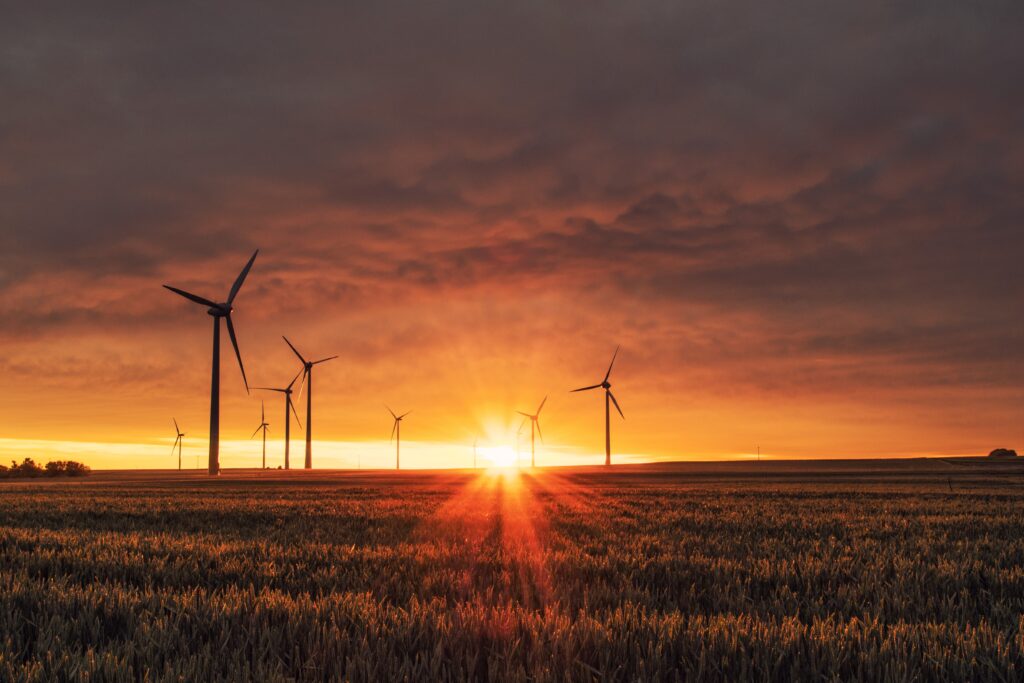 I was asked to write an article for Healthy Magazine recently about how we improve our energy levels. My first job was to define energy! We all want plenty of ‘energy’ but what does that mean?
I was asked to write an article for Healthy Magazine recently about how we improve our energy levels. My first job was to define energy! We all want plenty of ‘energy’ but what does that mean?
In scientific terms, energy production in our bodies is fired up by our mitochondria: the miniscule ‘batteries’ found in every cell. These cellular power plants convert energy from the food we eat into energy to fuel our cells. We should have between 500 and 2000 of them in every cell, but as we age we lose some and others function less efficiently. Typically, we lose up to 75% of our mitochondrial output by the time we reach the age of 70. Mitochondrial energy production can also be impacted by poor lifestyle choices. So if we want a good supply of energy, we need to look after our mitochondria.
Feeding our mitochondria
The energy that fuels our mitochondria comes from the foods and drinks we consume. So good choices are critical. They thrive on good clean sources of protein: think organic meat and wild fish, eggs, pulses and nuts (see below for some of our favourite protein-rich recipes from the archive). Many of the women I talk to in my coaching practice aren’t eating enough protein. We need around 0.8g of protein per kilo of body weight per day up to the age of 65, and a little more after that.
Healthy fats also play a pivotal role in keeping our mitochondria in working order – extra virgin olive oil, avocado, nuts (again!) and coconut oil are all great fuel to keep us energised. Antioxidant phytonutrients, found in vegetables and fruit, are vital for good health at a cellular level. Refined carbohydrates, processed seed oils and sugar have the opposite effect, sending us on a blood sugar rollercoaster and creating inflammation in the body which makes us feel sluggish and tired.
Working hard for energy
As well as being well-fed, our mitochondria enjoy hard work, which helps them grow and strengthen. This hard work puts them into a temporary state called hormesis, a form of stress. They like stress! But they like the good kind: short-term acute stress which forces our cells to make more antioxidants. This positive, hormetic stress can come from activities we know help us age well, exercise, intermittent fasting, cold (a cold swim or plunge) and heat (a sauna, for example).
It seems that our mitochondria respond particularly well to practices which involve breath holds, like pranayama (breath regulation) in yoga or Wim Hof breathing, also a form of hormetic stress. Known as hypoxic training, breath-hold work induces low levels of oxygen in the blood. This forces mitochondria to work harder to extract the oxygen they need, making them stronger in the process. Any that aren’t up to the job get killed off and replaced with fresh new ones. I regularly use a simple (and free) video from Wim ‘The Iceman’ Hof which is about 10 minutes long and goes through a series of breath holds. It’s on his app or you can find versions of it, like this one, on YouTube. I always keep listening until the very end when he signs off with ‘all the love, all the power’. That’s a great message to start the day with!
The importance of rest
However, all work and no rest makes for low energy. I think of rest as the missing piece of the puzzle when it comes to good health. We are so conditioned to be ‘on’ all the time: there’s always another thing to do, a box set to watch, a chore to finish, work to complete. We don’t allow ourselves to rest and replenish our energy levels. If we want energy, we need to recharge. This doesn’t have mean going to bed or staring out of the window. Using our downtime wisely can mean walking in nature, reading a book, meditation or a mindfulness practice: whatever feels right. And do catch up on Annabel’s recent post on the importance of ‘wakeful rest’ to help us sleep better and retain memories.
And one final thought on energy: have you tried an energy audit? Can you focus your attention on what boosts you, and what drains you? Track how you feel for a week or two, write it down in a diary or journal and see what patterns emerge. Do you feel low energy after seeing particular people? Does a certain activity boost your energy? Let us know in the comments below what works best for you.
PROTEIN-PACKED RECIPES
Susan
Photo: Karsten Wurth @Unsplash


Excellent article Thank you
Thanks so much!
Re the amount of protein we should be eating -0.8 g per kg of body weight –
I found this confusing at first, till I found out that the 0.8g refers to the pure protein in any protein rich food not the total weight of the food. Eg 100gm of lean chicken apparently contains 28gm of pure protein, so my total daily amount of protein would be more like 180g, not 48g – which was previous, worrying low calculation!!
Maybe others are similarly confused?
Yes exactly Glynis, it’s the total amount of protein within the food, rather than the amount of food, we need to consider. So we categorise chicken for example as a protein food, but it’s not 100% pure protein. Even ‘protein powder’ is only about 80% actual protein!
Many thanks. Short (and I think I enjoy the shorter post) but much to take away.
Thanks so much Jonathan, much appreciated!